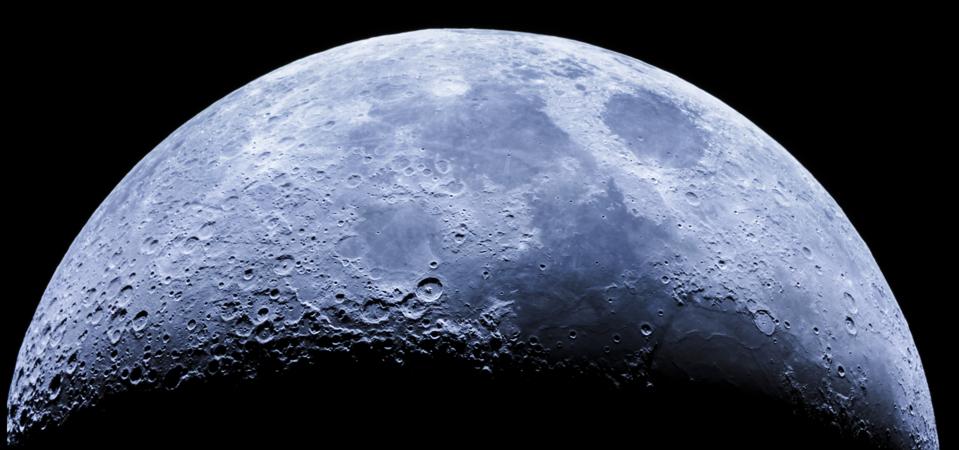We meet in an hour of change and challenge,
in a decade of hope and fear,
in an age of both knowledge and ignorance.
So it is not surprising that some would have us stay where we
are a little longer to rest, to wait.
But (…) this country of the United States was not built by those who waited
and rested and wished to look behind them.
This country was conquered by those who moved forward
– and so will space.
The exploration of space will go ahead,
whether we join in it or not,
and it is one of the great adventures of all time,
and no nation which expects to be the leader of other nations
can expect to stay behind in this race for space.
For the eyes of the world now look into space, to the moon and to the planets beyond,
and we have vowed that we shall not see it governed by a hostile flag of conquest,
but by a banner of freedom and peace.
We have vowed that we shall not see space
filled with weapons of mass destruction,
but with instruments of knowledge and understanding.
We set sail on this new sea
because there is new knowledge to be gained, and new rights to be won,
and they must be won and used for the progress of all people.
There is no strife, no prejudice, no national conflict in outer space as yet.
Its hazards are hostile to us all.
Its conquest deserves the best of all mankind,
and its opportunity for peaceful cooperation many never come again.
|
But why, some say, the moon? Why choose this as our goal?
And they may well ask why climb the highest mountain?
Why, 35 years ago, fly the Atlantic?
We choose to go to the moon. We choose to go to the moon in this decade and do the other things,
not because they are easy, but because they are hard,
because that goal will serve to organize and measure the best of our energies and skills,
because that challenge is one that we are willing to accept,
one we are unwilling to postpone,
and one which we intend to win, and the others, too.
And finally, the space effort itself, while still in its infancy,
has already created a great number of new companies,
and tens of thousands of new jobs.
What was once the furthest outpost on the old frontier of the West
will be the furthest outpost on the new frontier of science and space.
Even though I realize that this is in some measure an act of faith and vision,
for we do not now know what benefits await us.
But if I were to say, my fellow citizens, that we shall send to the moon,
240,000 miles away (…)
a giant rocket more than 300 feet tall,
(…) made of new metal alloys, some of which have not yet been invented,
capable of standing heat and stresses several times more than have ever been experienced,
fitted together with a precision better than the finest watch,
carrying all the equipment needed
for propulsion, guidance, control, communications, food and survival,
on an untried mission, to an unknown celestial body,
and then return it safely to earth,
re-entering the atmosphere at speeds of over 25,000 miles per hour,
causing heat about half that of the temperature of the sun
– almost as hot as it is here today –
and do all this, and do it right,
and do it first before this decade is out
–then we must be bold.
And this will be done in the decade of the Sixties. |
